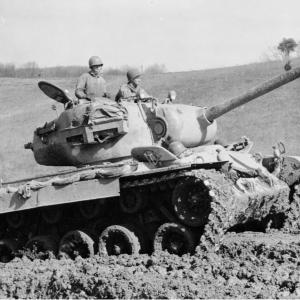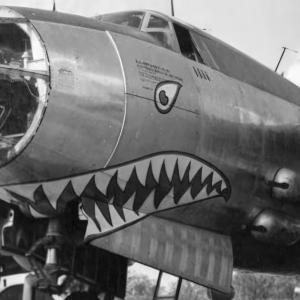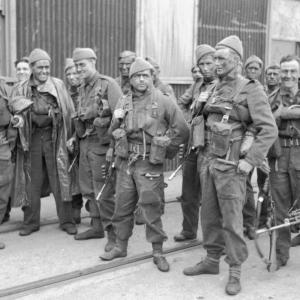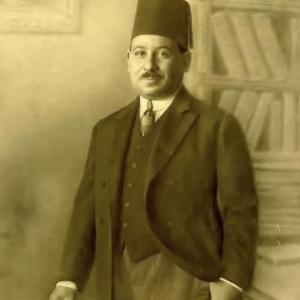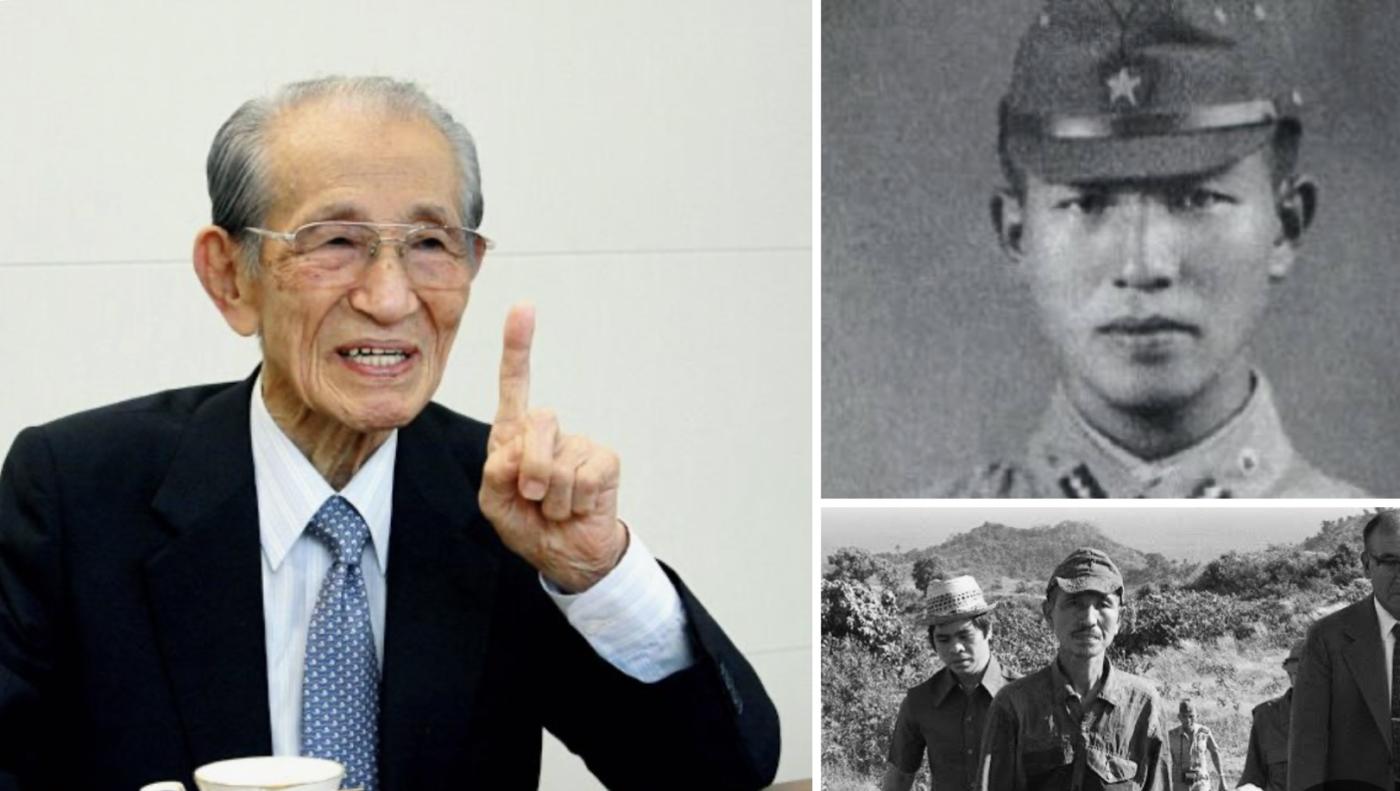
Hiroo Onoda
Hiroo Onoda was a Japanese soldier who became famous for continuing to fight in World War II long after the war had ended. His story is one of loyalty, survival, and deep belief in duty. Born in 1922 in Japan, Onoda joined the Imperial Japanese Army and was trained in intelligence and guerrilla warfare. In December 1944, during the final stages of World War II, he was sent to Lubang Island in the Philippines with a mission to slow down the Allied forces. He was ordered not to surrender under any circumstances and to wait for further instructions, no matter how long it took.
When the war officially ended in August 1945, Onoda and a small group of fellow soldiers did not believe the news. They thought the surrender announcements were enemy propaganda and continued to hide in the jungle, carrying out occasional attacks and living off the land. Over the years, leaflets and newspapers were dropped from planes, and search parties tried to convince them the war was over, but Onoda remained unconvinced. He saw these efforts as tricks by the enemy to get them to surrender.
Gradually, the other men either surrendered or were killed, leaving Onoda alone by the early 1970s. For nearly 30 years after the war had ended, he survived in the jungle by hunting, stealing food from local farms, and using the survival skills he had been trained in. He built shelters, kept his weapons in working condition, and stayed hidden from people he believed were enemies.
His incredible story came to an end in 1974 when a Japanese man named Norio Suzuki traveled to the Philippines to find him. Suzuki was an adventurer who had set out to look for “Lieutenant Onoda, a panda, and the Abominable Snowman, in that order.” Remarkably, he found Onoda and tried to convince him that the war was truly over. Onoda refused to surrender unless he received orders from his commanding officer.
The Japanese government managed to locate Major Yoshimi Taniguchi, Onoda’s former commander, who had long since retired from the military and was working as a bookseller. He traveled to Lubang Island and personally informed Onoda that the war had ended and that he was officially relieved of duty. Only then did Onoda surrender, on March 9, 1974, nearly 29 years after World War II had ended.
When he returned to Japan, Onoda was welcomed with a mixture of admiration and sadness. Some saw him as a hero who had shown unshakable loyalty and courage, while others were troubled by the fact that he had taken part in violent actions for decades after the war ended. Struggling to adjust to modern Japanese society, Onoda eventually moved to Brazil, where he became a farmer and lived a quiet life. Later, he returned to Japan and established a nature school for young people, teaching survival skills and encouraging discipline and self-reliance.
Hiroo Onoda lived until January 16, 2014, when he died at the age of 91. His story remains one of the most extraordinary examples of dedication and survival in modern history.

